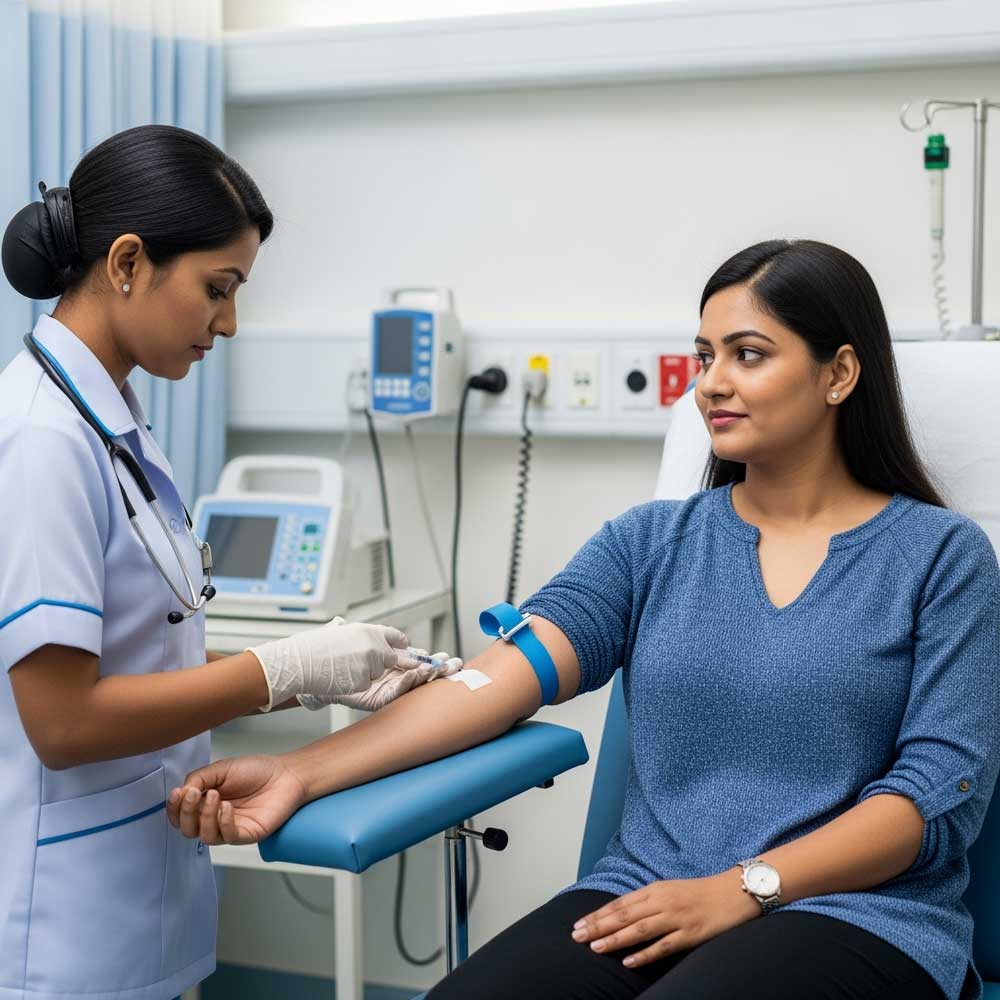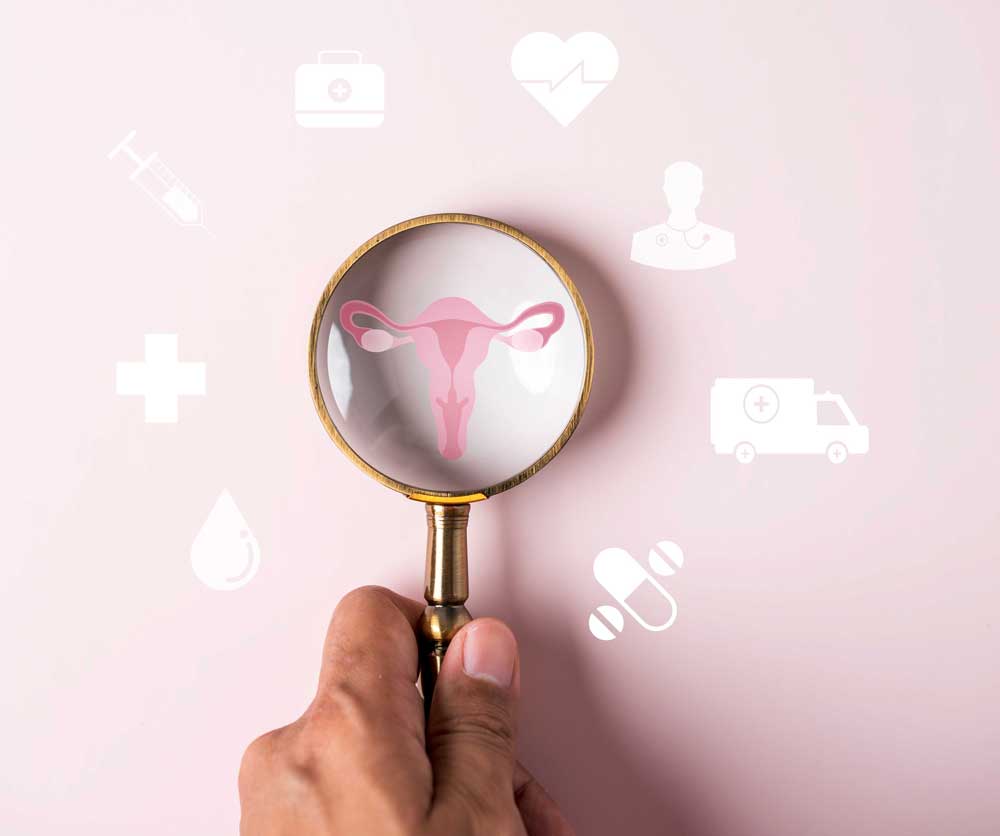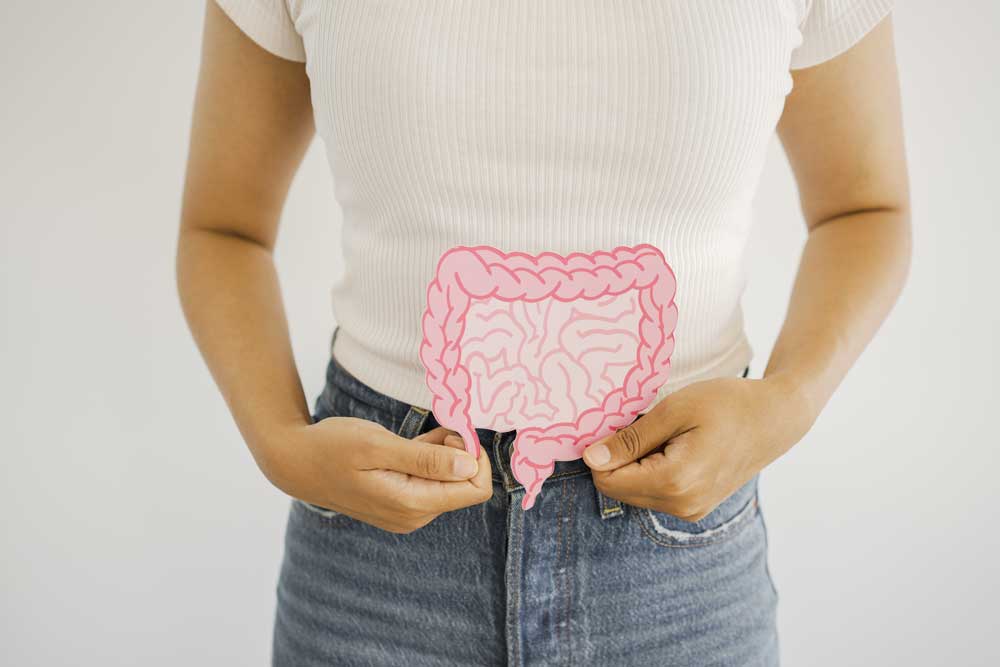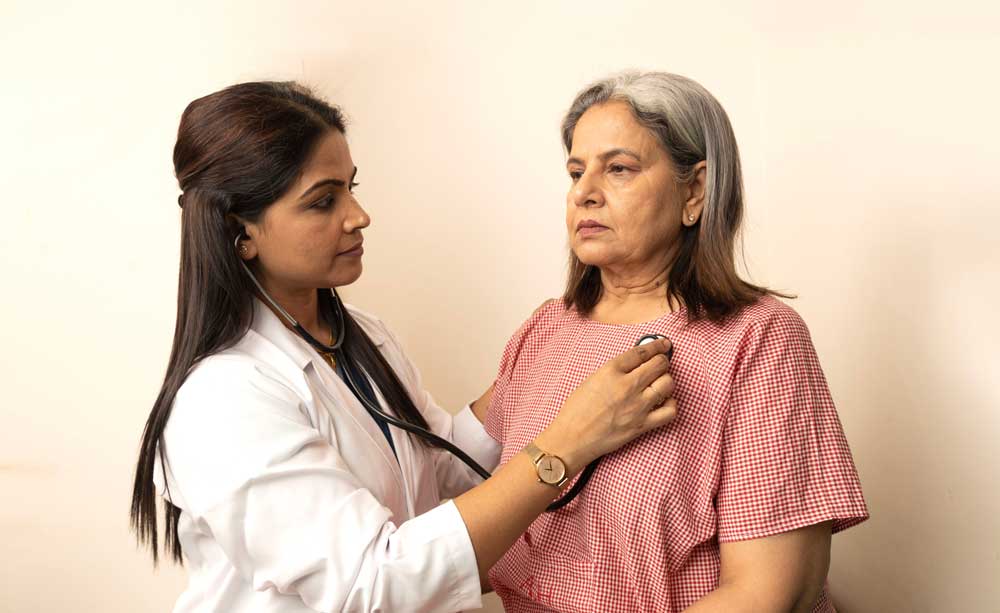When it comes to good health, it isn’t just the absence of illness. Health is the foundation for a thriving, energised, and fulfilling life. As women, we are known for our ability to juggle multiple roles and in that process, regular check-ups can often take a backseat. But keeping up with screenings and preventive care is a powerful act of self-care. This StrongHER Wellness Guide brings you all the information you need for essential health screenings, how often to get them, and why they matter-with insights from Dr. Preeti Chhabria, Consultant and Director at the Internal Medicine department at Sir H. N. Reliance Foundation Hospital and Research Centre.
1. Essential Health Screenings & Frequency
General Screenings for All Women

Blood Pressure (BP): Check at least once a year. Hypertension is often silent and can lead to heart issues if unchecked.
Blood Sugar: Annual screening after 30, or earlier with family history or risk factors.
Cholesterol Profile: Every five years starting at age 20, more often if at risk.
Complete Blood Count (CBC): Annually to detect anaemia or infections.
Thyroid Function Tests: Every few years or when symptomatic.
BMI & Waist Circumference: Monitored regularly for metabolic health.
Reproductive Health & Hormonal Tests

Pap Smear: Every three years from age 21 to 65 (or as advised).
HPV Test: Every five years in combination with Pap test after age 30.
Pelvic Exam: Annually or as advised for monitoring reproductive health.
Breast Exams: Clinical exam annually, self-exams monthly.
Mammogram: Starting at age 40-50, every one-two years.
Hormonal Panels: In cases of irregular periods, fertility concerns, or perimenopause.
Gut & Digestive Health

Liver Function Tests (LFTs): Annually if on medication or with symptoms.
Colonoscopy: Starting at age 45, earlier if family history of colon cancer.
Stool Tests: If experiencing gut issues like IBS, chronic constipation, or bloating.
2. Lifestyle & Self-Care for Preventive Health

Exercise: Aim for 30-60 minutes of moderate activity daily.
Nutrition: Follow a balanced diet rich in fibre, protein, and healthy fats. (Check out the StrongHER Nutrition Guide for all information)
Sleep: Seven to eight hours of restful sleep per night is ideal.
Stress Management: Try to practice mindfulness, hobbies, or therapy.
Hydration: At least two to three litres of water intake daily is recommended for best hydration.
Dr. Preeti Chhabria emphasises: "Women must take care of their own health too. Being caregivers requires them to be fit and healthy."
3. Health Priorities at Different Life Stages
20s-30s:

Focus on your sexual health with regular Pap smears, and HPV vaccination.
Establish exercise and dietary routines.
Monitor stress and mental health.
40s-50s (Perimenopause):

As you enter your perimenopausal phase, regular mammograms and bone density tests are recommended.
Make sure you monitor hormonal changes and heart health.
Don’t forget to address mental wellness and emotional shifts.
60s and beyond:

Ensure you screen for osteoporosis, cognitive health, diabetes, and cardiovascular health.
Try to stay active to maintain mobility and independence.
Dr. Chhabria reminds us: "Bone density and mental health need particular care during perimenopause. Heart health becomes even more important."
4. When to See a Doctor

If you notice unexplained fatigue, pain, or changes in your menstrual cycle, make sure you consult with a gynaecologist.
Persistent digestive discomfort or changes in bowel habits may also be a sign that you need a doctor’s visit
Unusual mood swings, anxiety, or depressive symptoms should not be overlooked. Try to see a mental health professional at your earliest.
If you have a family history of conditions like breast cancer, colon cancer, or diabetes, ensure regular check-ups in consultation with a doctor.
Many illnesses like diabetes, high BP, and osteoporosis develop silently. According to Dr. Chhabria, symptoms like thirst, frequent urination, headaches, dizziness, or back pain may only appear once the condition progresses. Early detection is key.
Regular health screenings are not just about catching illness—they're about living stronger, longer, and healthier. From hormonal checks to heart health, this guide empowers you to take proactive steps in your wellness journey.

Next Steps:
· Book overdue screenings and check-ups.
· Talk to your doctor about any symptoms or family history.
· Prioritise your well-being as much as you care for others.